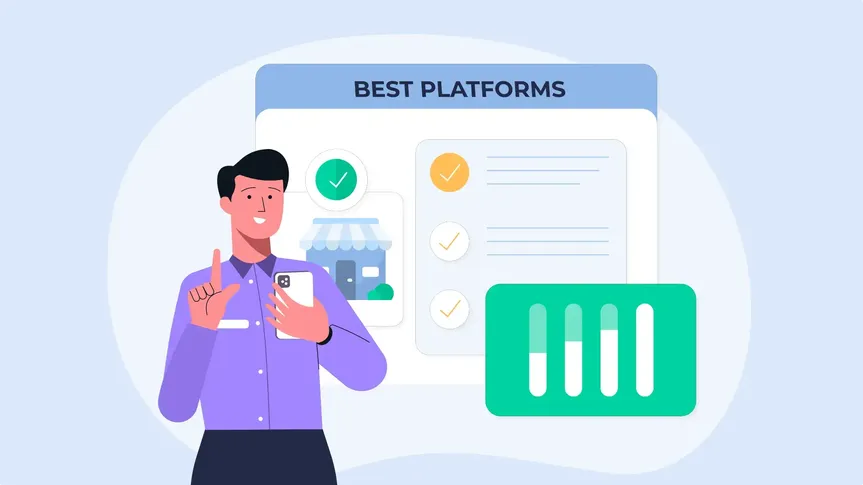Best P2P Real Estate Investing Platforms in 2025
Table of contents
Editorial Note: We earn a commission from partner links on P2P Empire. Commissions do not affect our editors' opinions or evaluations of products.
Disclaimer: Investing involves risk, and past performance does not guarantee future results. The content on this website is for informational purposes only and should not be considered investment advice. Market conditions and platform terms can change frequently. While we strive to keep our information accurate and up to date, we cannot guarantee its completeness or reliability at any given time. You are solely responsible for your investment decisions and for staying informed about any developments that may affect your portfolio. We do not accept any liability for actions taken based on the information provided here.
Top Platforms



Recommended
 Investing on any investment platform is subject to risks. The actual profit from your investment may vary.
Investing on any investment platform is subject to risks. The actual profit from your investment may vary.Latest Guides














